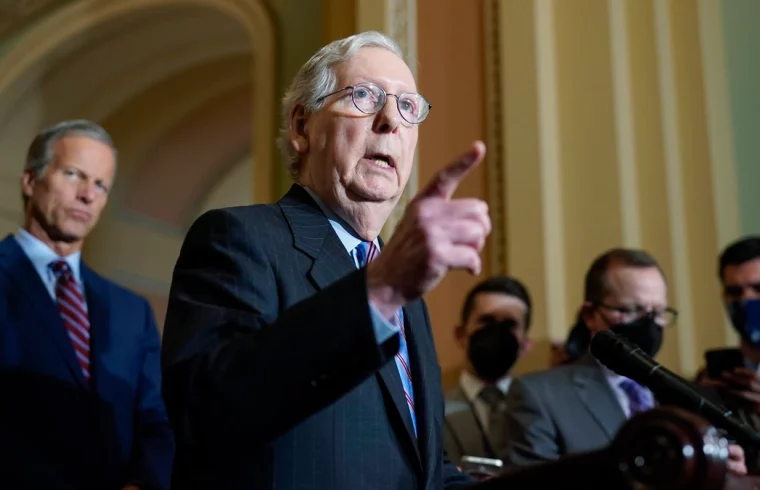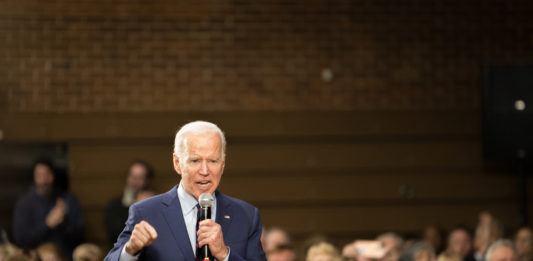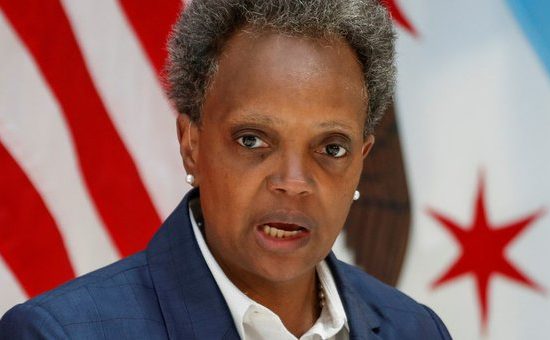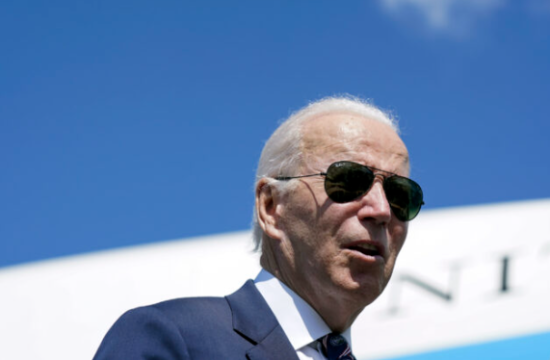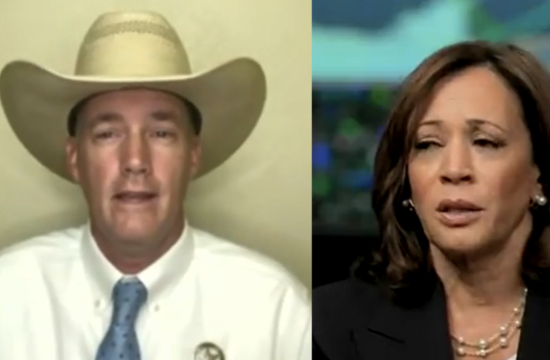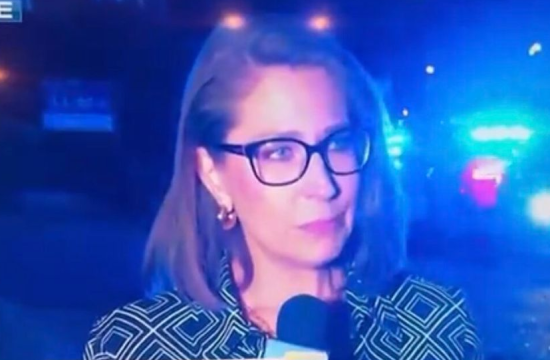Senate Democrats tried Wednesday to pass broad elections legislation. They claim it is a powerful counterweight for new restrictions on voting in the US.
They were again blocked by the Republicans.
However, there are signs that Democrats may be making progress in their efforts to reach consensus on Senate procedural rules changes. This is a crucial step that could enable them to force transformative legislation through this narrowly divided chamber.
Maine Independent Senator Angus King recently relaxed his opposition to the filibuster rules being changed. This creates a threshold of 60 votes for legislation to pass.
“I’ve concluded that democracy itself is more important than any Senate rule,” said King, who acknowledged that weakening the filibuster would likely prove to be a “double-edged sword” under a Republican majority.
The Democrats face long odds of passing the bill, now called the Freedom Vote Act. Senate Minority Leader Mitch McConnell (R-Ky.), criticized Wednesday for being an “election takeover scheme” by the federal government. But, the Senate Democrats’ softening of King’s position on the filibuster is a step in the right direction as they try to persuade others in their caucus to vote for a rule change.
“What we can’t accept is a situation where one side is calling for bipartisan debate and bipartisan cooperation while the other refuses to even engage in a dialogue,” Senate Majority Leader Chuck Schumer, of New York, said from the chamber’s floor.
The Democrats’ voting bill was first introduced in March in the wake of the Jan. 6 Capitol attack. It quickly passed the House at a time when Republican-controlled legislatures — many inspired by Donald Trump’s allegation of a stolen 2020 election — were advancing restrictions in the name of election security.
However, initial optimism about the bill passing the Senate quickly waned after several members from the Democratic caucus including Kyrsten Sinema, Joe Manchin, West Virginia and King made it clear that they were hesitant to alter the filibuster rules. Manchin, who stated that any election overhaul requires bipartisan support, sought to amend the voting bill in order to make it more appealing to Republicans.
The current “compromise” bill, as it stands, would set national rules for running elections and limit partisanship in drawing congressional districts. It would also force disclosure of anonymous donors who have spent large amounts to influence elections.
Other provisions are aimed at alleviating concerns from local elections officials, who worried that that original bill would have been too difficult to implement. And some new additions are aimed at insulating nonpartisan election officials, who some contend may be subject to greater partisan pressure under some of the new state laws.
It also includes a number of changes sought by Manchin, the chamber’s most conservative Democrat, including a provision that would limit, but not prohibit, state voter ID requirements.
However, these changes have not yet attracted the Republican support Manchin wanted.
“The latest umpteenth iteration (of the bill) is only a compromise in the sense that the left and the far-left argued among themselves about exactly how much power to grab and in which areas,” McConnell, who recently met with Manchin about the bill, said Wednesday. “The same rotten core is all still there.”
Several hours later, Republicans refused to give Democrats the 60 votes they needed to debate the measure in the Senate.
This leaves Democrats with few options and very little time to address a key party priority, while their base becomes increasingly disillusioned by the lackluster progress.

